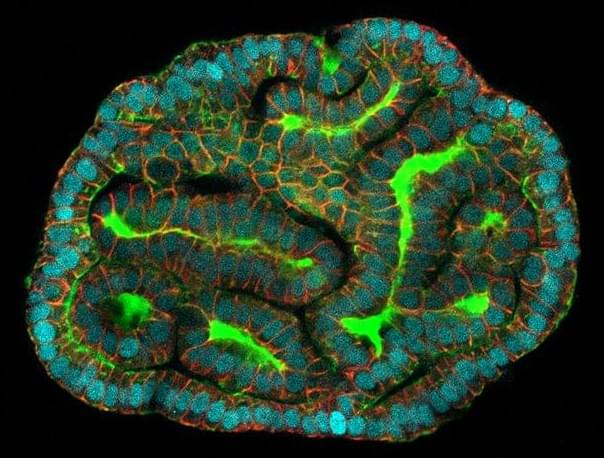Beyond fermions and bosons: unveiling new particle behaviors in mechanics.
In the world, particles traditionally fall into two categories: fermions (like electrons) and bosons (like photons), each obeying distinct exchange rules. These “exchange statistics” shape the behaviors of particles, from the structure of atoms to the glow of lasers. In two dimensions, a peculiar third type, called anyons, has been theorized and observed, adding a twist to this framework. But could there be even more possibilities?
This study ventures into uncharted territory by revisiting “parastatistics,” an idea from theory that goes beyond fermions and bosons. Previously dismissed as merely theoretical and equivalent to the known particle types, parastatistics now emerges in a new light. The researchers reveal that particles obeying non-trivial parastatistics can exist in real physical systems and behave in fundamentally different ways. These “paraparticles” follow unique rules of exclusion, resulting in strange and exotic thermodynamic behaviors unlike any seen in fermions or bosons.
To bring this concept to life, the team developed a mathematical framework for paraparticles, showing how they naturally fit within the broader universe. They designed solvable models where paraparticles arise as quasiparticles—tiny, particle-like excitations in materials—observable through their distinct exchange behavior. Remarkably, these models work in both one and two dimensions, demonstrating the tangible potential of paraparticles in real-world systems.
The findings hint at exciting possibilities: a new class of quasiparticles in condensed matter physics and, perhaps more provocatively, the existence of elementary particles governed by entirely novel statistics. This discovery could expand our understanding of the world and open the door to unimagined phenomena in both theory and experiment.
Explore #quantum at Facebook.









